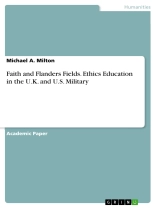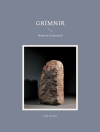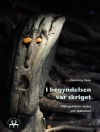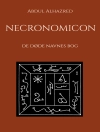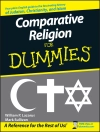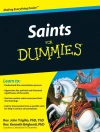Academic Paper from the year 2018 in the subject Ethics, , course: “1918-2018: Lessons from The Great War— Ethical Imperatives for the Contemporary Profession of Arms”, language: English, abstract: What are the lessons learned, from Bataille de la Somme to Seconde Bataille de la Marne, about the ethical training of military service members? The paper considers the catastrophic geo-political discontinuity that the Great War imposed.
Pre-war archival transcription of a report to Parliament by Edward Grey (1905-1916), the British Secretary of State for Foreign Affairs, along with post-war primary sources from Post-War ethicist Max Carl Otto (1876-1968) provide higher historical context for exploring the proposition: The UK, US, Commonwealth, and Western European militaries must return to a transcendent ethical framework for training officers, especially Chaplains.
The rejection of metaphysical ethics (not just religious ethics, but also nontheistic-natural law frames) in exchange for, e.g., a Darwinian ethical construct, resulted in an ethical system that could not answer the Soldier’s cry for the meaning of life and solace in suffering. This is a code without a creed. The paper proposes a “mother’s knee ethic, ” as a transcendent encouragement that is both accessible to warfighters and serviceable by military educators. Such an ethical charter is already offered in the Army Ethic produced and promulgated by the U.S. Army Center for Profession and Ethics (2014). The paper proposes not only a response to a crisis in ethics education for military members but also offers a pedagogical method in a pluralistic environment, ‘Cooperation without Compromise.’
Yazar hakkında
American Presbyterian minister, educator, Chaplain (Colonel), U.S. Army, Retired, consultant, author, and composer. Ph.D. (University of Wales); MPA (the University of North Carolina at Chapel Hill); M.Div. (Knox Theological Seminary); Doctor of Ministry (Erskine Theological Seminary). Resides in western North Carolina, USA.
